Essential Vaccines for 16 to 18 Months Old Baby

Having a child comes with the principal responsibility of taking care of the child’s health. One of the key aspects of ensuring a child’s well-being is adhering to the recommended immunisation schedule. An immunisation schedule that is followed dedicatedly could be a step in the right direction for safeguarding your child against various diseases. Here, we discuss some of the essential vaccinations found on the immunisation schedule of 16 to 18-month-old babies. If you have a toddler in this age group, you may want to read this carefully and verify your child’s vaccination records to ensure none were missed. It’s always a good idea to consult with your paediatrician to stay updated on any new vaccines or booster shots that may be recommended at this age. Read on to learn more about 16 to 18 months vaccination.
Important Vaccinations Required for 16 to 18-Month-Old Babies
Here are the important vaccinations needed for 16 to 18-month-old babies:
1. Diphtheria, Pertussis, and Tetanus (DTwP B1/DTaP B1)
This is a 16 month vaccine that combines diphtheria toxoids with tetanus and pertussis vaccine. It is also called the DTP vaccine. DTwP is a whole-cell (wP) vaccination, while DTap means acellular (aP) vaccination.
Protects Your Child From
The DTP vaccine protects your baby from three fatal bacterial illnesses – Tetanus, Diphtheria and Pertussis (Whooping cough).
Diphtheria and Pertussis are contagious and airborne. Tetanus is a non-communicable illness.
Dosage
The first booster should be given at 16-24 months of age.
Previous
The primary dosage should be administered to children in 3 doses beginning at six weeks of age and is to be administered in 4-week breaks.
Next
The second dosage of DTP is required at 4-7 years of age.
Precautions to Take
Some precautions to note for DTP vaccines are:
- Any child with neurological disorders or who has encountered severe allergies within 7 days of a previous vaccine must avoid another dose.
- Avoid Pertussis vaccines if the baby displayed seizures, fever over 105˚F, or cried uncontrollably for more than 3 hours on a previous occasion.
Are There any Side Effects?
Fever and pain at the site of injection are common. Redness, pain, mild fever, swelling, and minor restlessness are common with whole-cell (wP) vaccines. Acellular (aP) vaccines can be considered in case of allergies.
Cost of the Vaccination
The price of a single dose of DTwP B1/DTaP B1 in India is ₹ 225/-.
What If You Miss the Vaccination?
It is not an issue if a dosage has been missed, it can be administered at the next earliest date.
How to Take Care After the Vaccination?
Tips to take care of your baby after vaccination:
- Use a cold compress to reduce swelling.
- Give the baby paracetamol to help alleviate pain.
- Give them a favourite toy to distract them from the pain.
- Feed your baby after the vaccination; breastfeeding calms them down.
- Hold your baby near you for warmth and find a calm, quiet place.

2. Inactivated Polio Vaccine (IPV B1)
Inactivated Polio Vaccine is a 18 month vaccine that is made from the deactivated virus.
Protects Your Child From
IPV is given for the prevention of the infectious viral disease Polio. It attacks the nervous system and can cause paralysis.
Dosage
Dosage is recommended between 6 and 18 months of age.
Previous
Two previous doses are recommended at two months of age and then at four months of age.
Next
The last dose of IPV is recommended between 4 to 6 years of age.
Precautions to Take
Some precautions to note for polio vaccines are:
- Do not administer the vaccine if a previous dose has caused a severe allergy.
- Do not administer the vaccine if the antibiotics neomycin, polymyxin B, or streptomycin have caused allergic reactions.
- Make a full recovery from any serious illness before the vaccination.
Are There any Side Effects?
The vaccine is safe and mild soreness, or redness has been indicated in some babies. Allergic reactions are a potential side effect in all vaccines.
Cost of the Vaccination
A single dose of IPV for 15- to 18-month-old babies would cost ₹ 225/-.
What If You Miss the Vaccination?
You do not have to start over from the beginning if a dose is missed. Give the missed dose immediately when you remember.
How to Take Care After the Vaccination?
After an IPV vaccine, you could follow these tips to reduce stress in your baby:
- Give the baby a measure of acetaminophen after consulting the doctor.
- Use a cold compress at the site of the injection to reduce swelling.
- Breastfeeding calms them down after a vaccination.

3. Haemophilus influenza Type B (Hib B1)
The Hib vaccine is given to prevent a bacterial infection from Haemophilus influenzae bacteria.
Protects Your Child From
The Haemophilus influenzae bacteria causes meningitis of the brain and spinal cord. It can also cause deafness, pneumonia and heart damage.
Dosage
Your child between 16 to 18 months of age should receive a booster dose of Hib vaccine.
Previous
Three doses are administered at two months, 4 months and six months of age, depending upon the brand of vaccine used.
Next
No additional dosage is recommended beyond 18 months of age as older children have antibodies for Hib.
Precautions to Take
A Hib vaccine is necessary for older children under the following conditions:
- Kids being treated for leukaemia, HIV, sickle cell disease.
- Anyone with their spleen removed.
- Individuals that have a suppressed immune system, due to treatment for cancer.
Are There any Side Effects?
Any form of swelling or redness at the site of injection is relatively common. No other side effects have been noted.
Cost of the Vaccination
The cost for a single dose of Hib B1 is ₹113 – ₹252.5/-.
What If You Miss the Vaccination?
If you have missed a dose, give the baby a catch-up shot at the next visit.
How to Take Care After the Vaccination?
Follow these tips after a Hib B1 vaccine:
- Breastfeeding calms babies down after the vaccination.
- Give the baby paracetamol after consulting the doctor.
- Use a cold compress at the site of the injection to reduce swelling.
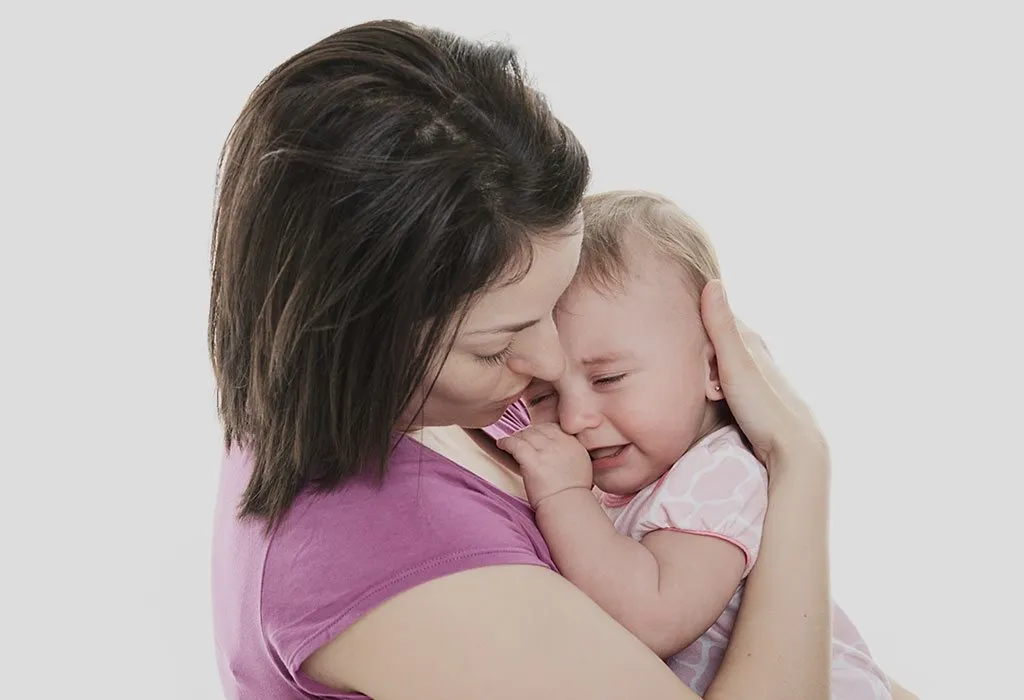
FAQs
1. Can vaccines be given if my 16-18-month-old baby has a mild cold?
Yes, vaccines can typically be given to your baby even if they have a mild cold or low-grade fever. Mild illnesses do not usually interfere with the effectiveness of vaccines. However, it’s always best to consult your paediatrician before proceeding, especially if your baby is showing more severe symptoms like a high fever or persistent coughing.
2. Are there any specific side effects to watch for after the 16-18 month vaccinations?
Some common side effects after vaccinations include mild fever, soreness, or swelling at the injection site. In rare cases, babies might experience allergic reactions, unusual crying, or loss of appetite. If your child shows any severe or prolonged symptoms, it’s important to contact your doctor for advice.
Vaccinations are essential for babies to stay strong and healthy. Adhere to your child’s vaccine schedule and consult the paediatrician if you miss a shot. Reschedule for a later time but be judicious about your child’s healthcare to ensure a safe and healthy future for him.
References/Resources:
1. Know your child’s immunization schedule; UNICEF; https://www.unicef.org/india/know-your-childs-immunization-schedule
2. Vaccines by Age; CDC Vaccines & Immunizations; https://www.cdc.gov/vaccines/by-age/?CDC_AAref_Val=https://www.cdc.gov/vaccines/parents/by-age/newborn-birth.html
3. Vaccines and immunization; WHO; https://www.who.int/health-topics/vaccines-and-immunization#tab=tab_1
4. Vaccine Information; Indian Academy of Pediatrics; https://iapindia.org/vaccine-information/
5. Vaccines by Disease; CDC Vaccines & Immunizations; https://www.cdc.gov/vaccines/by-disease/?CDC_AAref_Val=https://www.cdc.gov/vaccines/vpd/vaccines-diseases.html
6. Lahariya. C; A brief history of vaccines & vaccination in India (Indian Journal of Medical Research); National Library of Medicine; https://www.ncbi.nlm.nih.gov/pmc/articles/PMC4078488/; April 2014
7. Immunization; National Health Mission; Ministry of Health & Family Welfare Government of India; https://nhm.gov.in/index1.php?lang=1&level=2&sublinkid=824&lid=220
Also Read:
Vaccinations for Newborn Baby
Painless Vaccination for Babies
Flu Vaccine for Babies and Children
Child Immunization & Vaccination Schedule
Child Immunization & Vaccination Schedule
Optional & Mandatory Vaccines for Babies and Children in India
Was This Article Helpful?
Parenting is a huge responsibility, for you as a caregiver, but also for us as a parenting content platform. We understand that and take our responsibility of creating credible content seriously. FirstCry Parenting articles are written and published only after extensive research using factually sound references to deliver quality content that is accurate, validated by experts, and completely reliable. To understand how we go about creating content that is credible, read our editorial policy here.









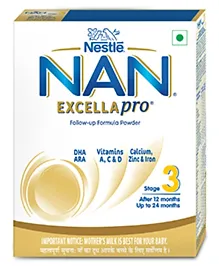
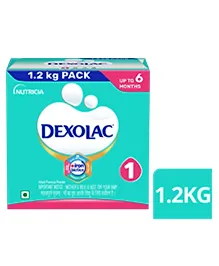
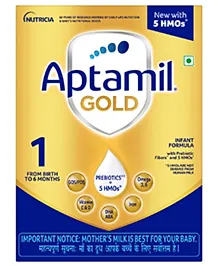
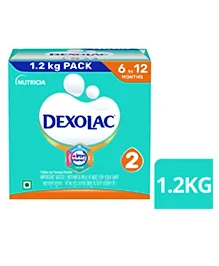
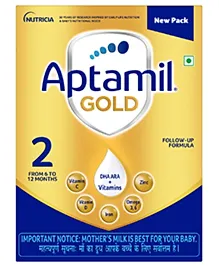
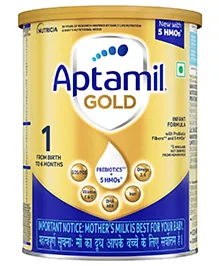
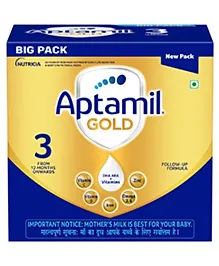
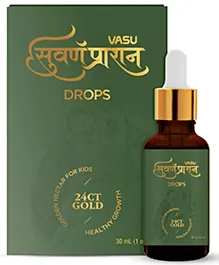
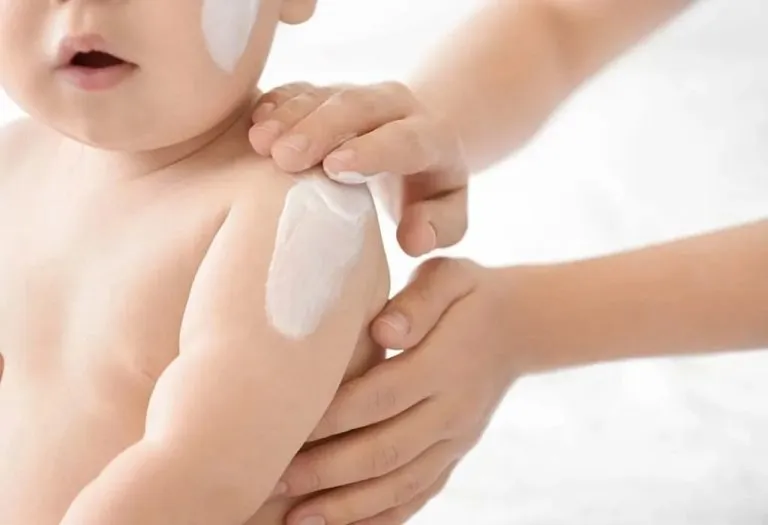

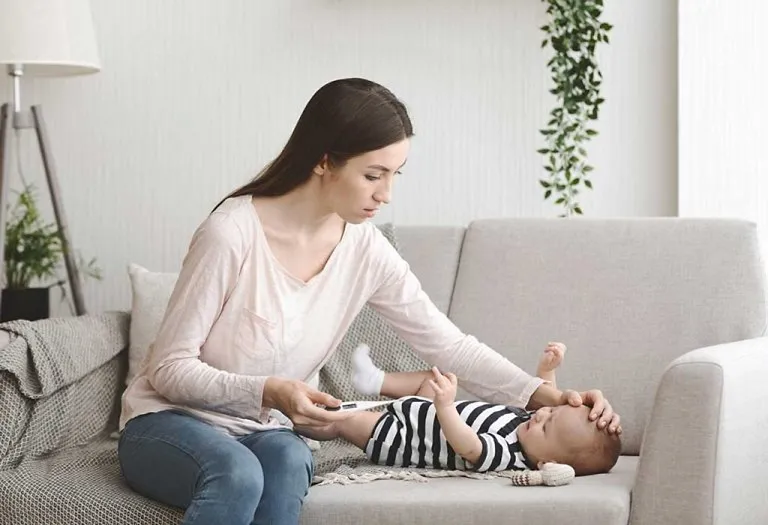
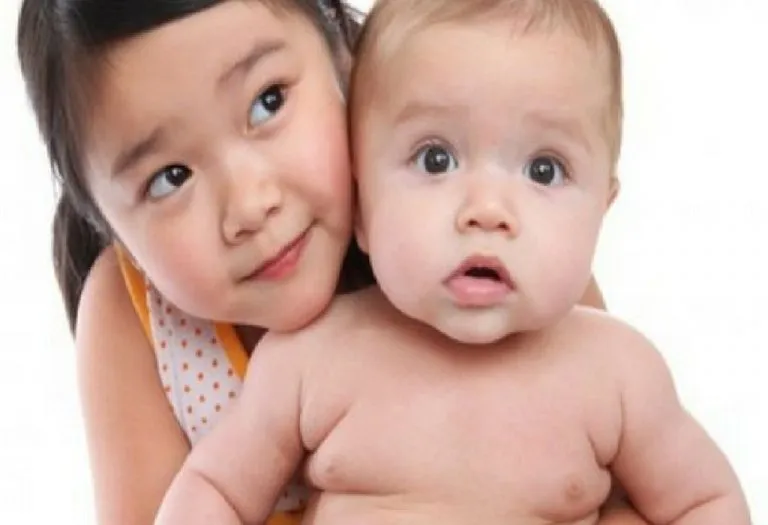



.svg)


















